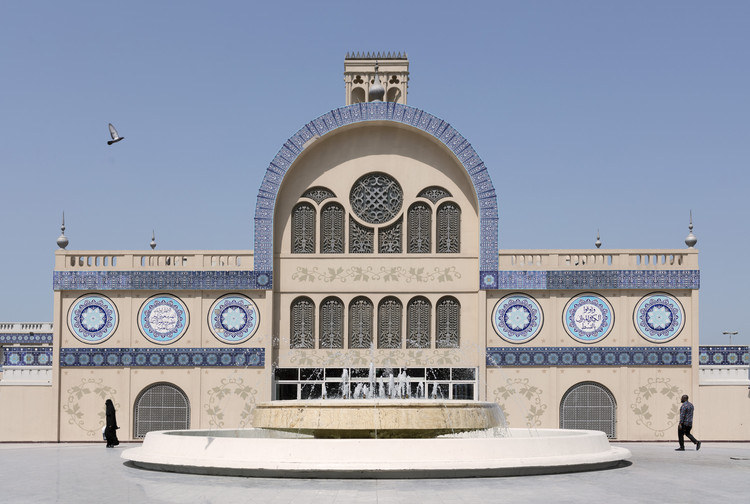
The Sharjah Architecture Triennial will open in November 2019 as "the first major platform for dialogue on architecture and urbanism in the Middle East, North Africa, East Africa and South Asia." Curator Adrian Lahoud has announced the theme of the Triennial as the Rights of Future Generations, aiming to fundamentally challenge traditional ideas about architecture and introduce new ways of thinking that veer from current Western-centric discourse.

“Rights of Future Generations questions how inheritance, legacy, and the state of the environment are passed from one generation to the next, how present decisions have long-term intergenerational consequences, and how other expressions of co-existence, including indigenous ones, might challenge dominant western perspectives. Turning to alternative concepts of architecture and the environment, the Sharjah Architecture Triennial will focus on moments where experiments with architectural and institutional forms collaborate to generate new social realities. Architecture’s power is fundamentally propositional and pedagogical. Design is an opportunity to bring alternative modes of existence into being, including new concepts of what buildings, cities, landscapes, and territories are.”
-Adrian Lahoud, Curator of Rights of Future Generations

The Triennial will be held in the Emirate of Sharjah, its history as a multi-ethnic trade port contributes to its layered architectural landscape where historic and contemporary buildings co-exist. This makes it a fitting and rich site for this inaugural Triennial, which will run for three months, each edition led by a curator who will direct a core program of exhibitions, urban interventions, conferences, and public talks.

The unique circumstances of practicing as an architect, artist, or scholar in the MENASA region motivated the Triennial theme of Rights of Future Generations. Faced with non-existent or fragmented archives, restrictions on travel, and the lack of institutional support, the Sharjah Triennial attempts to initiate region-specific dialogue and lay the groundwork of an enduring resource for future generations of architects.


News via: Sharjah Architecture Triennial











